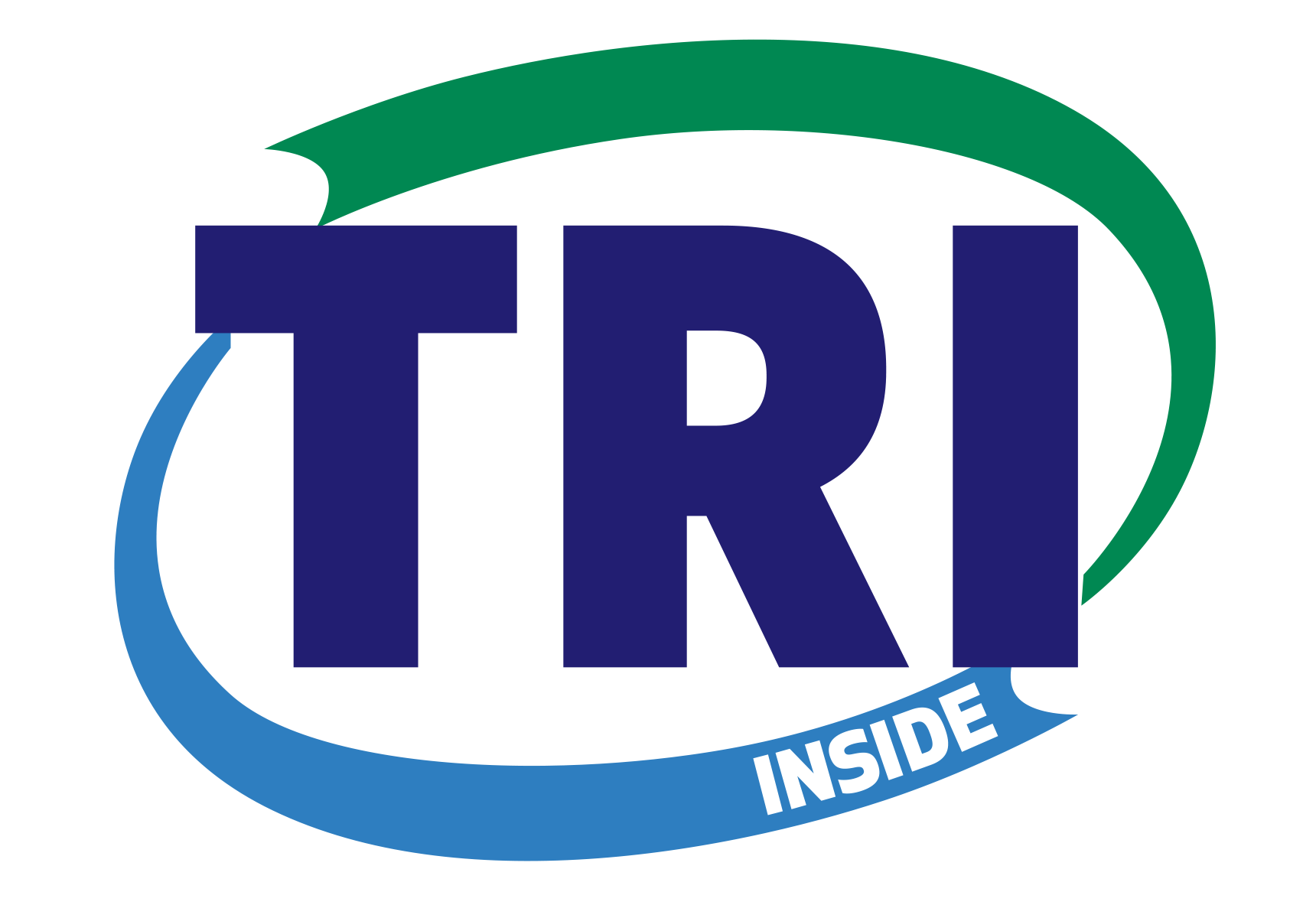Integrated biorefineries are facilities that use biomass conversion processes and equipment to produce any combination of renewable fuels, power, heat, steam, and chemicals from biomass. They are analogous to today’s petroleum refineries which produce multiple fuels and products from fossil petroleum.
Integrated biorefineries have been widely identified as the most promising route to the creation of a new bio-based fuels and chemicals industry. These new products based on renewable feedstocks, are far more environmentally sustainable than fossil products.
By producing multiple products, a biorefinery can take advantage of the differences in biomass components and their intermediates to maximize the value derived from the biomass feedstock. With the appropriate design and technologies in place, biorefineries can produce a wide array of renewable biofuels, green energy, high-value chemicals and electricity, all on a carbon neutral basis – a vast environmental improvement over the processing of fossil fuels.
Sustainability
All businesses are being evaluated on their ability to deliver products sustainably. What does sustainability mean to the renewable energy industry and the integrated biorefinery?
There are 3 aspects to industrial sustainability:
- Environmental – All raw materials are renewable. The practices to extract, aggregate, move, and process them do not create lasting damage to the environment, wildlife diversity, atmosphere, or water quality. Once the effective life of the product ends, the waste stream must also be bio-degradable.
- Economic – The company can maintain acceptable profitability without subsidy from the host government and without infringing on the social equality of stakeholders of the host community.
- Social – The production and use of the products does no harm to the health, social justice, and social well-being of the host community or the societies that use them.
TRI’s technology uses identical gasification platforms for all feed stocks, including solid biomass, spent liquor (liquid biomass), and co-processed feedstocks. The single platform integrated biorefinery has benefits, including flexible uses and an ability to steam reform a range of different feedstocks while managing key input costs. The TRI system is fully scalable from 500 dry tons per day of biomass (dtpd) to 2000 dtpd with a single steam reforming reaction vessel. For best-in-class flexibility make sure your biorefinery has TRI Inside.

Model Types
Engineered 3D model of a fully integrated 500 dry ton per day biomass to Fischer Tropsch fuels facility.




